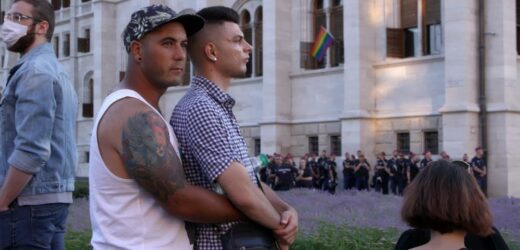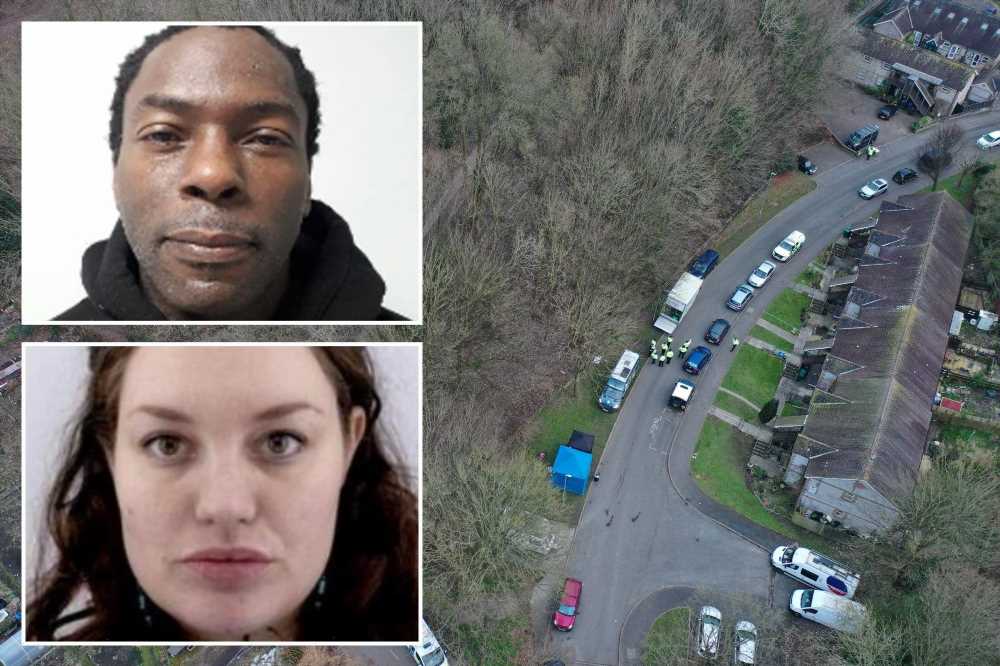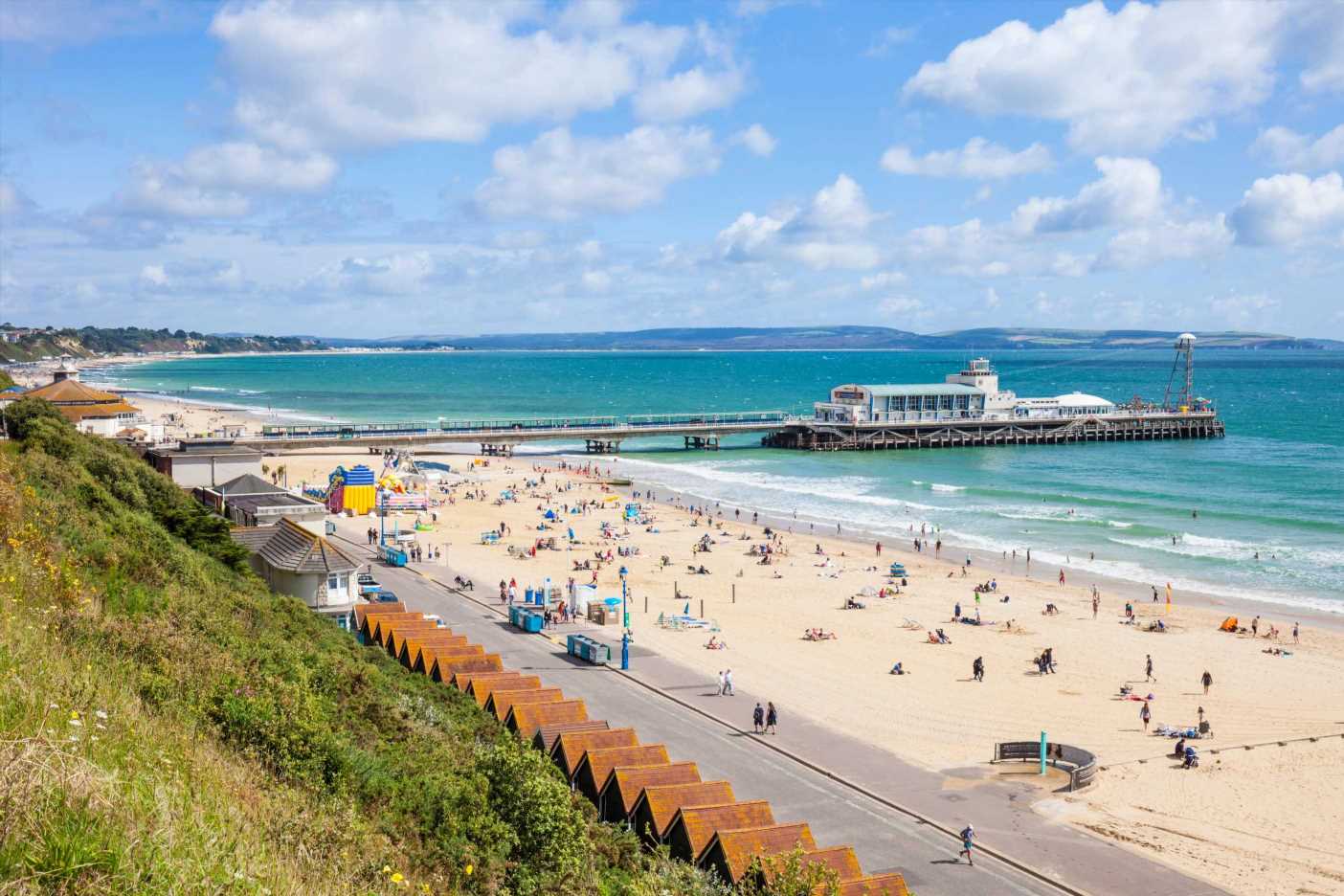As the Thessaloniki Documentary Festival reaches the quarter-century mark this year, the festival’s industry arm, Agora, will host a range of events and initiatives looking to bolster documentary production and distribution in both the host country and the wider region.
Headlining the industry program is the Agora’s co-production and co-financing forum, which takes place March 6 and will present 14 projects in development by documentary filmmakers from Southeastern Europe, the Middle East and the Black Sea region. Another highlight, Agora Docs in Progress, showcases 11 films nearing completion and ready to hit the festival circuit this year.
The success of those two programs is evident in the selection at this year’s festival: Fifteen documentaries that have been supported in previous editions of the Agora will celebrate world, international or European premieres in the competition sections or Open Horizons section, including Agora Docs in Progress alumni “Narrow Path to Happiness” (pictured), by Kata Oláh, and “Queen of the Deuce,” by Valerie Kontakos, and Pitching Forum and Docs in Progress participant “Mighty Afrin: In the Time of Floods,” by Angelos Rallis, all of which are playing in the festival’s main competition.
The Agora Doc Market, meanwhile, offers more than 400 documentaries for accredited guests through its online library, which is presented in partnership with Cinando.
This year, the festival is collaborating closely with the Documentary Assn. of Europe (DAE), hosting a series of conversations within the framework of the Agora Talks platform that is “very to the point of what’s going on right now and what issues we need to be talking about,” according to Angeliki Vergou, who heads the Agora industry program.
In a masterclass, former BBC Storyville commissioning editor and Academy Award-winning producer Philippa Kowarsky (“The Act of Killing,” “A House Made of Splinters”) will lay out the current framework for producing documentary films and discuss how industry shifts — from the theatrical potential of documentary features to streaming platforms’ insatiable appetite for non-fiction content — are “changing how we make documentaries and how we watch them,” says Vergou.
Among the Agora Talks, a panel discussion will examine the ethical questions facing filmmakers from the Global North who make stories about communities that aren’t their own, exploring how producers, co-production forums and funding bodies can demonstrate a conscious and consistent commitment to equity and accountability. Another session looks to unpack different financing models available to documentary filmmakers today, offering a blueprint for how they can access financing sources from public funds to private equity.
Meanwhile, the festival will convene the second in a trio of think tanks aimed at reimagining and redefining the role of the film market in the European industry, a series conceived by Thessaloniki organizers last year. It follows on the heels of a successful first edition held in partnership with the European Film Market last month, whose participants included representatives of leading European fests and markets such as Rotterdam, Locarno, Karlovy Vary and Rome’s MIA Market.
“We’re very proud of this. It was initiated by Thessaloniki, and now we have these strong partners coming on board,” says Vergou. A third event will take place this May in Cannes, in partnership with the Marché du Film.
Other events taking place within the framework of the Agora include Meet the Future, an ongoing initiative to spotlight up-and-coming documentary filmmakers from the region, which this year will showcase five directors from Moldova; and the Agora Lab, which will match six projects in development with documentary specialists who will offer guidance to the filmmakers.
The collaboration with the Documentary Assn. of Europe, meanwhile, is helping Thessaloniki broaden its horizons, allowing Greece’s second city — a cross-cultural melting pot across the centuries — to once again open its arms to the world. More than 200 guests from 40 countries are expected to take part in the hybrid edition of the festival and Agora.
“[DAE] have helped us to introduce Thessaloniki and Agora to a new group of industry professionals,” says Vergou. “We have new people coming, which is always exciting. So they can discover Thessaloniki and fall in love with it — like everyone else.”
The Thessaloniki Documentary Festival takes place March 2 – 12.
Read More About:
Source: Read Full Article


